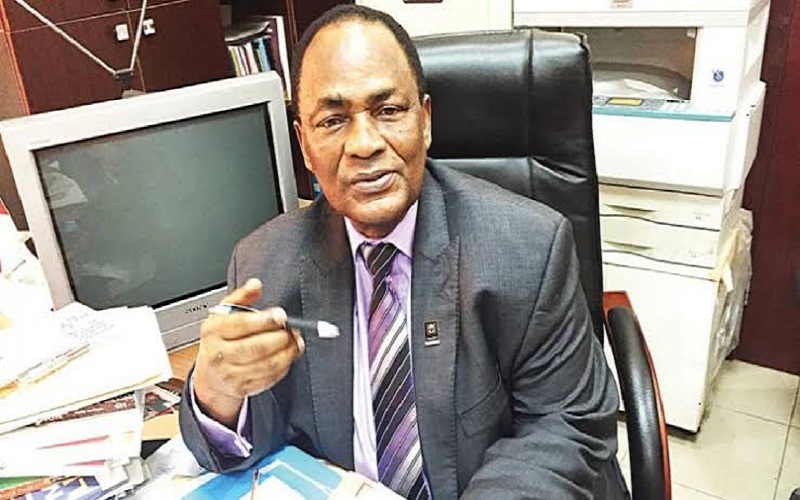Renowned communication scholar, Professor Ralph Akinfeleye, has called for an urgent review of the National Broadcasting Code, describing the extant edition, issued last year by the National Broadcasting Commission (NBC), as inconsistent with democracy.
Akinfeleye, a former head of the Mass Communication Department of the University of Lagos, made the call at the public presentation of “Question Marks on the 6th NBC Code Amendments,” a publication by Consortium of Independent Broadcasters and Free Press Advocates.
At the event, which was held at the Lagos office of the Independent Press Centre (IPC), Akinfeleye stated that the code is an attempt by the government to over-regulate the broadcast space, adding that many of the provisions in the 6th NBC Code are unnecessary as they had already been addressed by previous laws.
“The first thing is that we have existing laws that address the concerns of the NBC. The NBC is trying to over-regulate the media in a way that is inconsistent with democracy, which is oiled by a free press. A free press is required to make the government accountable at all times, not sometimes. Therefore, there is an urgent need for a revision of the NBC Code,” he said.
The publication, co-edited by Lanre Arogundade, IPC’s Executive Director; and Dr. Akintunde Akanni, acting head of the Mass Communication Department of the Lagos State University, described the NBC Code as a change from regulation to strangulation.
Arogundade noted that the Code contains provisions that could undermine democratic norms and standards and jeopardise the values of broadcast sector liberalisation as well as free enterprise.
“Consider the fact Section 2.127.2 of the Code seeks to confer arbitrary powers on the NBC to, among others, shut down a station for violating the provisions relating to web/online broadcasting without making any provision for stations that may be concerned to seek redress,” he said.
He also identified Section 5.6.1 as dangerous, noting that the section prohibits the use of user-generated content (UGC) that may “embarrass individuals, organizations, and the government.”
Arogundade warned that the section is capable of limiting citizens’ input into media content.
“By including the government among those that should not be embarrassed, the provision is capable of intimidating the media while encouraging public officials to dodge the responsibility of accountability since they can always resort to the claim of being embarrassed.
“In other words, the provision is capable of undermining the obligation imposed on the media by Section 22 of the Constitution to monitor governance and hold government accountable to the people and therefore should be expunged,” he contended.
Arogundade similarly stated that Section 5.6.5, which requires a broadcaster to identify the source of UGC, will constitute an erosion of the privileges conferred on the media to protect sources that wish to be anonymous, branding it a violation of Section 16 of the Freedom of Information Act.
The media rights activist equally slated the provision of the code that seeks to compel broadcast rights holders to sub-license their content to competitors, saying it has the potential of discouraging investment in the sector.

